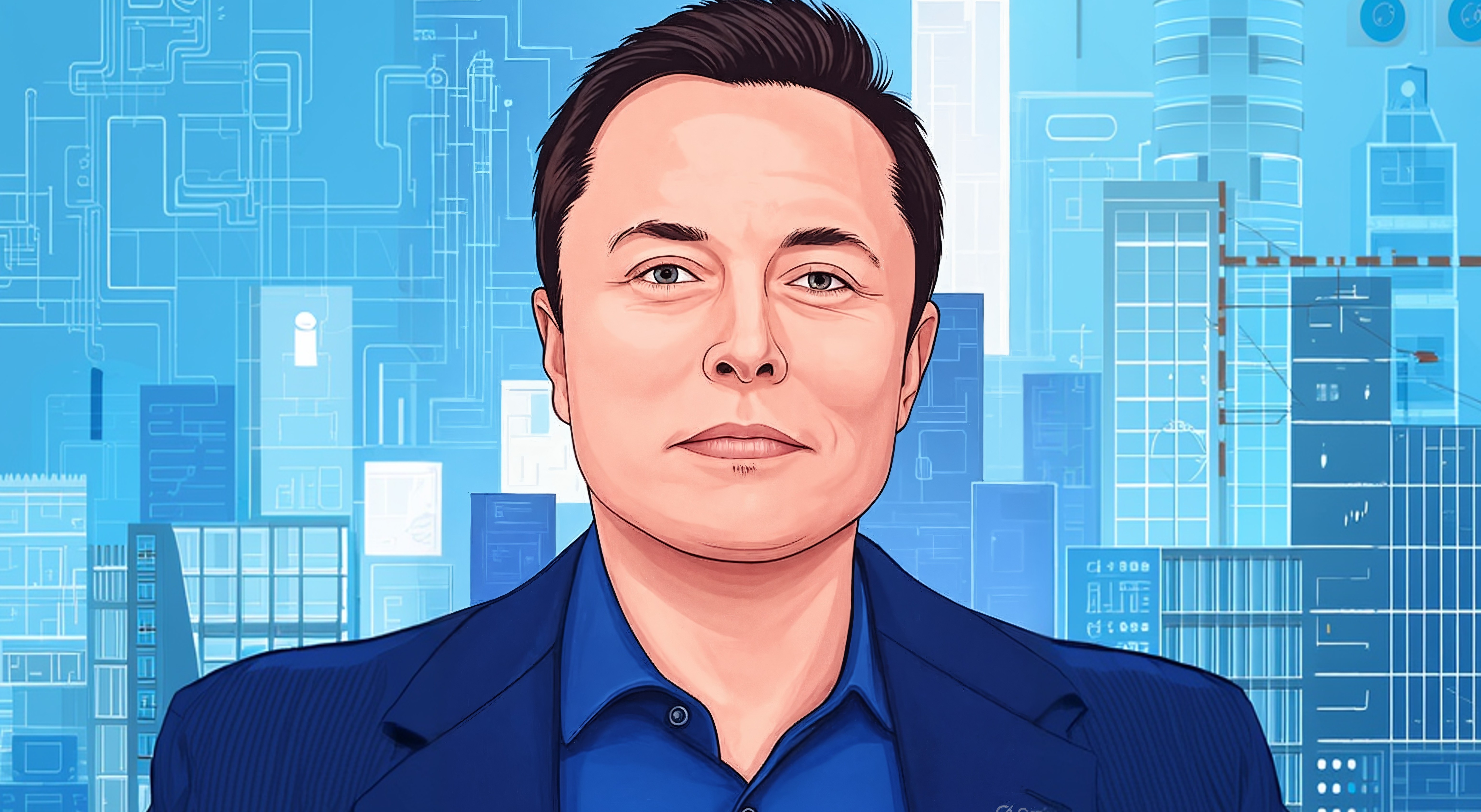
US Immigration Policy Stifles Tech Innovation
Restrictive immigration policies in the United States create barriers that echo the instability seen in politically volatile environments like Belarus. Tech companies depend on global talent to drive innovation, yet tightening visa rules introduce uncertainty, much like government controls that disrupt business in other nations. This dynamic raises questions about long-term competitiveness in sectors such as AI and fintech, where access to skilled workers determines market leadership.
Parallels Between US Policies and Global Instability
The comparison to Belarus highlights a broader pattern: unpredictable regulations erode investor confidence. In Belarus, protests and government interventions have made the environment hostile for tech ventures, leading investors to pull back. Similarly, the US faces growing perceptions of volatility through immigration enforcement. Increased audits by agencies like ICE and USCIS target H-1B visa sponsors, creating compliance burdens that deter companies from hiring international experts.
This unpredictability affects venture capital flows. Investors seek stable environments where talent can collaborate without fear of deportation or policy shifts. When policies fluctuate with political cycles, the risk premium rises, diverting capital to more welcoming markets. For instance, countries with streamlined visa processes attract startups that might otherwise base operations in the US, shifting innovation hubs away from Silicon Valley.
Aggregation theory applies here: platforms aggregate talent to build network effects, but restrictive policies fragment this aggregation. Tech ecosystems thrive on dense networks of skilled individuals, yet barriers to entry weaken these connections, reducing the overall value of the US as a tech aggregator.
Impact on Key Sectors: AI, Machine Learning, and Fintech
AI and Machine Learning Dependencies
AI development demands specialized skills in short supply domestically. Surveys of tech executives show 93% view high-skilled immigration as essential for competitiveness, with 35% deeming it critical. Despite this, H-1B visa debates complicate hiring, even as demand for AI experts surges. Companies like Google and Microsoft advocate for reforms, recognizing that international talent fuels breakthroughs in machine learning.
Restrictive policies exacerbate talent shortages, pushing firms toward remote work or offshore centers. This shift fragments teams, slowing iteration cycles vital for AI progress. In a framework of competitive dynamics, nations with open policies gain an edge by attracting top researchers, potentially overtaking US leadership in AI.
Fintech and Web3 Challenges
Fintech and Web3 sectors rely on diverse expertise for blockchain innovations and financial models. Venture-backed startups in these areas face hurdles in securing visas for developers from global talent pools. High visa fees and complex processes deter applications, as reported by a majority of tech leaders.
Business models in fintech often hinge on rapid scaling through international collaboration. When policies limit this, startups pivot to alternatives, but these come with trade-offs like increased latency in decision-making. The result: slower growth and diminished network effects, where fewer participants weaken platform strength.
Corporate Strategies Amid Policy Constraints
Large tech firms navigate these policies by balancing domestic layoffs with H-1B approvals. Reports indicate companies approving thousands of H-1B workers while cutting American jobs— one firm reduced its workforce by 27,000 since 2022 yet secured over 25,000 visas. This practice sparks debates on program integrity, highlighting incentives to access cheaper global labor.
From a strategic lens, this reflects cost optimization in competitive markets. However, it risks backlash, fueling calls for reforms. Startups, lacking the resources of giants, suffer more acutely, advocating for new visa categories tailored to venture needs. Such reforms could align incentives, fostering ecosystems where innovation trumps compliance burdens.
Historical context underscores this: post-World War II, the US attracted global talent through open policies, powering booms in computing and biotech. Today's restrictions reverse that trend, mirroring how protectionism in other eras stifled growth.
Broader Economic and Competitive Implications
The venture-unfriendly stance reduces foreign investment in US tech. Experts at institutions like Brookings warn that driving away international students and workers threatens AI dominance. Without reform, innovation cycles slow, as talent migrates to nations with supportive frameworks.
Incentives matter: entrepreneurs weigh policy stability when choosing locations. If the US mirrors Belarus-like unpredictability, capital flows elsewhere, eroding competitive moats built on talent aggregation. This dynamic extends to Web3, where decentralized models still require centralized hubs of expertise.
Legal predictions point to ongoing enforcement, urging compliance. Yet, transparency in visa use could rebuild trust, ensuring programs support genuine shortages without displacing domestic workers.
Future Outlook and Recommendations
Predictions suggest that without change, the US loses ground in AI and entrepreneurship to rivals with efficient immigration pathways. Continued restrictions may shrink the talent pool, impacting sectors from cloud computing to cybersecurity.
Recommendations focus on policy evolution: introduce startup-specific visas to ease hiring for high-growth firms. Insulate reforms from political swings, creating predictability that attracts investment. Encourage hybrid models blending domestic training with global recruitment to address shortages sustainably.
Tech leaders should lobby collectively, emphasizing economic contributions of immigrants—driving GDP growth through innovation. Frameworks like aggregation theory illustrate how open policies enhance platform value, positioning the US to reclaim its role as a global tech aggregator.
Key Takeaways
Restrictive immigration policies parallel instabilities in places like Belarus, deterring venture capital and talent. Sectors like AI and fintech suffer from talent shortages, fragmenting networks essential for innovation. Corporate strategies reveal tensions in labor practices, while historical lessons highlight benefits of openness. Future reforms could restore competitiveness, aligning incentives for sustained growth in a globalized tech landscape.
Comments
Read more

VC Reshuffle: OpenAI's Shift and AI Mega-Funds
Explore OpenAI's restructuring, A16z's $10B fund, and why most Series B rounds fail, with deep analysis on VC and AI strategies.

Naver's Crypto Ambitions and RedotPay's Unicorn Surge
Exploring Naver's Upbit acquisition and RedotPay's $47M funding, revealing trends in fintech-crypto integration and stablecoin strategies.

Tech Giants Push AI Amid Regulatory Winds
Exploring Meta's anti-regulation PAC, Apple's payment expansion, and Rokid's smartglasses as indicators of evolving tech strategies and competitive dynamics.